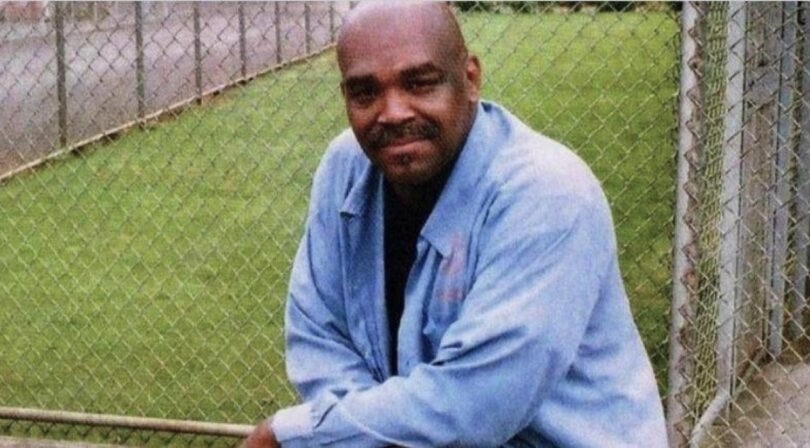By Stacy M. Brown
NNPA Senior National
Correspondent
Jesse Johnson, a Black man wrongfully convicted for a 1998 murder, was released on September 7, following a reversal of his conviction by the Oregon Court of Appeals two years ago. The case highlighted longstanding racial bias within the justice system.
The Oregon Innocence Project, which handled Johnson’s appeal, strongly criticized the state’s handling of the case, branding it a “heinous injustice.” The Marion County District Attorney’s office finally sought to dismiss the charges against Johnson after citing the unavailability of critical evidence and the extended passage of time. A judge granted the motion, allowing Johnson to finally walk free.
Johnson, who steadfastly maintained his innocence, rejected plea deals over the years, and a video captured outside the jail showed the jubilant man, clad in gray sweats, walking beside a deputy, his face lit with a broad smile while supporters showered him with hugs. “I’m happy and excited and ready for the next phase now. Been a lot of years for something I didn’t do,” Johnson proclaimed, according to Oregon Public Broadcasting.

Initially sentenced to death in 2004, Johnson’s case took a significant turn when former Gov. John Kitzhaber imposed a moratorium on executions in 2011. Then, in 2022, Gov. Kate Brown commuted all 17 of the state’s death sentences and ordered the decommissioning of the execution chamber.
The Oregon Innocence Project had pointed out the role racism played in Johnson’s wrongful imprisonment. They asserted that Johnson’s trial lawyer failed to interview crucial witnesses, including one who observed a white man fleeing the scene. The neighbor in question, Patricia Hubbard, revealed she witnessed a white man entering Thompson’s residence shortly before the murder occurred. She also recounted hearing screams, a thud, and then an eerie silence. Hubbard claimed that the responding detective made racially charged remarks, indicating a predetermined bias.
“A Black woman got murdered, and a Black man is going to pay for it,” Hubbard said a detective told her.
The Oregon Court of Appeals underscored the failure of Johnson’s defense team to interview Hubbard, a critical oversight that led to the reversal of his conviction in October 2021. Further, requests for additional DNA testing, which might have unveiled alternative suspects, were met with resistance from the state.
“For 25 years, the State of Oregon has fought to defend their deeply flawed case against our former client, Jesse Johnson,” declared Steve Wax, the legal director of the Oregon Innocence Project. “There can be no more heinous injustice imaginable than for Mr. Johnson to have heard a sentence of death pronounced against him all those years ago… and to then waste away for years on death row.”
In asking the judge to dismiss the case finally, prosecutors admitted to the absence of any identified alternate suspect in Thompson’s murder despite ongoing investigations. Wax said Johnson, now a free man, finds himself with nothing, not even the customary release funds because of the dismissal.
A GoFundMe campaign launched on Johnson’s behalf garnered over $10,000 in support as of Thursday. Johnson’s release coincides with the exoneration of a New York man, who was officially cleared of a 1976 rape conviction, marking the longest-standing wrongful conviction overturned based on new DNA evidence in U.S. history, as stated by the Innocence Project.




